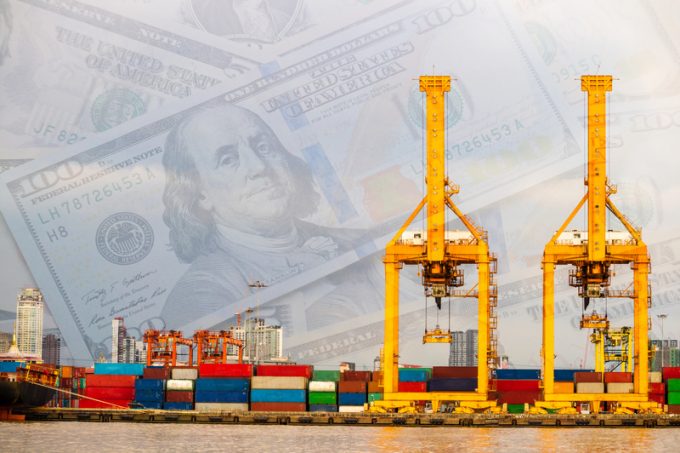Shippers beware: a US east coast labour battle could be heating up
The National Retail Federation (NRF) is getting nervous about a strike hitting US east coast ...

Republicans are bringing new legislation before the US senate which, if passed, would fine dockworker unions up to $2bn a day, making strike action practically impossible.
Introduced by Idaho senator Jim Risch and co-sponsored by fellow Idaho senator Mike Crapo and North Carolina senator Ted Budd, the bill would amend the National Labor Relations Act and Labor Management Relations Act to redefine port slowdowns by maritime workers – including no-shows and work-to-rule strikes – as unfair labour practices.
The bill would ...
Outlook for container shipping 'more uncertain now than at the onset of Covid'
Shippers warned: don't under-value US exports to avoid tariffs – 'CBP will catch you'
Cancelled voyages take the sting out of spot rate declines this week
New Houthi warning to shipping as rebel group targets specific companies
Teamsters union vows UPS will be 'in for a hell of a fight' over jobs cull
K+N CEO unveils impact of US import tariffs on China-origin goods
Blanked sailings in response to falling demand 'just a stop-gap solution'
CMA CGM to reflag box ship as the French carrier eyes growing Indian market
More pressure on transpacific rates as carriers bet on a China-US trade deal
Boeing looks to resell up to 50 aircraft rejected by Chinese buyers
'Strong start' to 2025, despite market uncertainty, says Kuehne + Nagel
US Customs chaos means 'more downside risk than upside potential' for air cargo
Taiwan ministries act to mitigate effect of trade war on agriculture exports
Wan Hai joins box shipping 'arms race', but avoids Chinese yards for newbuilds
MOL signs up with Climeworks for direct air carbon capture and storage


Comment on this article
NOEL HOLT
June 24, 2023 at 12:36 amForced labour – means operating with a hostile workforce. Doesn’t resolve anything.